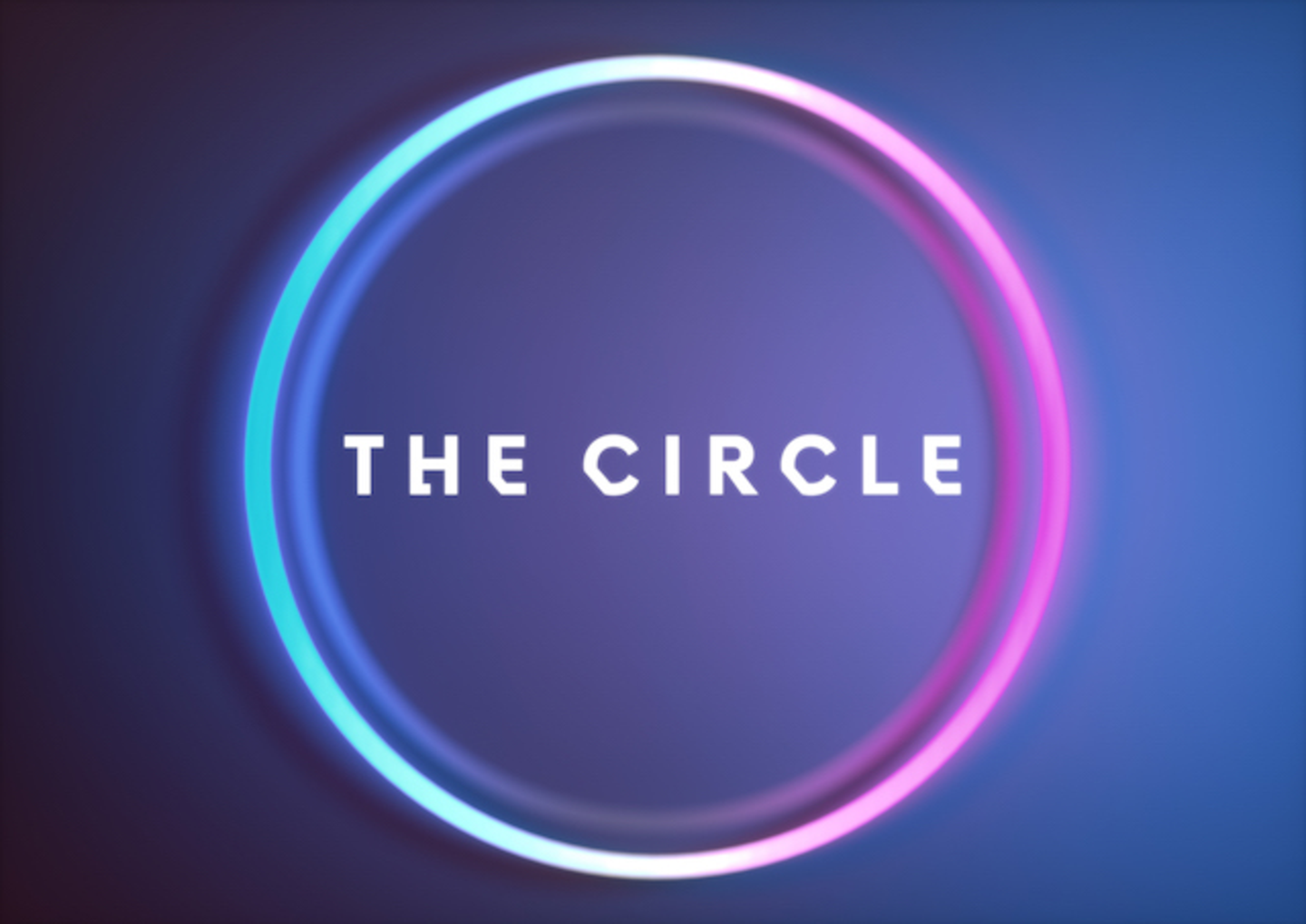I started watching The Circle because I thought it would be bad and cheesy in a fun way. And while it certainly was cheesy, I binge-watched all 18 episodes without a trace of ironic detachment, because it actually turned out to be a genuinely compelling show. The Circle hasn’t been talked about too much on this side of the Atlantic, but it was a surprise hit in the U.K. for the three weeks it ran (six episodes per week) through September and October — a big enough hit that Netflix bought the rights to make three international adaptations, including an American one.
Speaking of Netflix, the premise sounds like something straight out of Black Mirror. The Circle is a reality competition show, easily compared to Big Brother. The contestants are housed in separate apartments in the same building, cut off from the outside world, and with no human interaction except conversations with each other. The gimmick that sets it apart is how these conversations take place: the entirety of the show is built around a fictional social network (the titular Circle), through which contestants have text-based conversations, compete in games, and share a very limited number of photos. The ultimate goal is to become the most popular, with less popular individuals regularly removed (via a slightly confusing voting system) and replaced with new contestants.
Where The Circle delivers is that it checks all of the boxes you want a show with this premise to meet: there’s drama and conflict, colourful characters with big personalities, and twists and turns that make you watch a fifth episode when you should really get to sleep. The game welcomes and accommodates deception, because of the text-based communications. (Though players dictate messages, to keep the show interesting to watch.) The inherent humour of these deceptions fills the show from some of its earliest moments, like a gay man pretending to be a very direct “lady’s man” and flirting badly with a woman who is, in reality, a straight man using photos of his girlfriend. There are others who are being themselves, and as they build friendships with these catfish, the anticipation of their eventual, inevitable in-person meetings grows more and more as the series goes on.
The Circle isn’t perfect — the first episode has some growing pains, but it finds its feet by the end of the second. The game is also confusing, not making the criteria for how contestants will win in the finale clear to the audience (and possibly the players) until that episode arrives, making it hard to judge players on their strategic choices. But other decisions, like having players compete to paint one another and allowing each player to, upon elimination, visit another one in person, more than makes up for the quibbles.
What the show also does very well is challenge the viewer to think about how we interact in digital spaces. The notion that not everyone you speak to online is who they say they are is far from new ground, but where shows like Catfish revel in the mystery of who a person really is, The Circle explores how these deceptions take place — the suspicion of those on the receiving end, but also the panic and emotional toll on the catfish themselves as they try to keep up the illusion, and grapple with the guilt of lying.
It also raises one question that most media depictions of catfish don’t: when is lying about who you are justified? Within the context of the show, we see all sides of the spectrum, with big lies like dramatic shifts in age, gender, and background, to smaller trivial details, to people who would never lie, and don’t think anyone else should. Of course this is in the context of a game where anything is fair play, but on the wider world of the internet, is there not a place to withhold or lie about who we are? When the aim isn’t to deceive, what can we gain by seeing a different perspective, a different side of life? Everyone’s answer will fall somewhere different, but with social media dominating ever-more of our lives and relationships, can it not be a tool for exploration, reflection, and discovery?
Now that the first season of The Circle has ended, it’s well worth a look, whether you want to reflect on deeper questions about social media or just get sucked into the drama of an exciting reality show. While it’s not currently available to watch on any official platforms in Canada, all of the episodes are available online on sites such as Dailymotion.
Jeff was The Cascade's Editor in Chief for the latter half of 2022, having previously served as Digital Media Manager, Culture & Events Editor, and Opinion Editor. One time he held all three of those positions for a month, and he's not sure how he survived that. He started at The Cascade in 2016.



